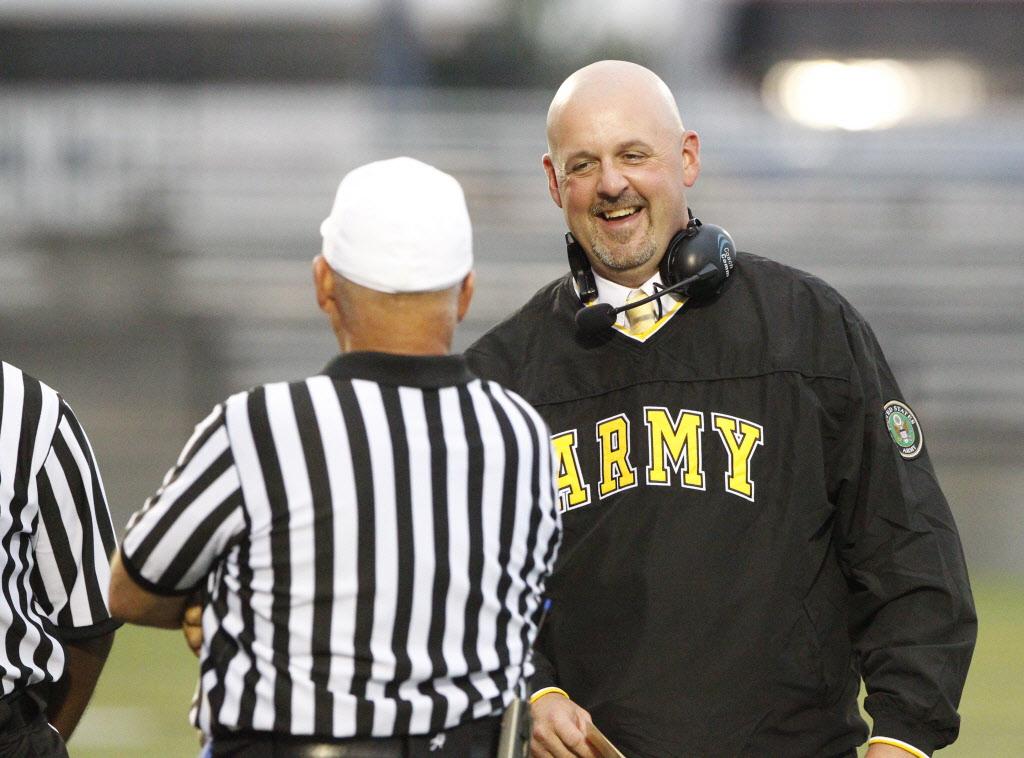I shared a car ride with a teacher friend and the topic came up of why somebody would teach when they don't like kids.
I tell people my mentors taught me how to coach, but my father taught me how to be a coach. He's a get-along guy and whatever people skills I have, I got from him.
So many jobs and activities involve getting along with so many people, how could/do you survive if you lack those skills? And if you don't like people, why do spend your time performing functions that have you interacting.
As a coach, there is an endless line of people in your world:
- your players!
- parents
- assistants
- officials
- opponents
- sponsors
- suppliers
- club executive
- media
In youth sports, one of the most important things that we can teach our players is how to get along with people. At the rep level, your players see you have your opening conversation with officials and chatting up the other players while you check their books. Before and after the game your players see you make small talk with parents. After the game you are interacting with the coach and players of the next team coming on the field, of coming off the game before you. When the game is over your players see how you greet and congratulate your opponents. Somewhere in the mix of all the get-along time, you find time to coach.
There are days when you are not in the mood to be cordial and hospitable. When the kids are around you get in the mood.
As you move up the ladder and age groups, your game face and intensity levels might adjust to the environment, but your ability to interact is still important. Canada's Men's National Team coach doesn't have to give Mr Freezies to the coach of Mexico after their game, but he does have to interact with airport, hotel, stadium and game staff as well as media, agents, club coaches, etc.

Getting along with people is not only the proper example and tone to set for your players, it's also smart coaching (good for business as we say). More doors open up for your team if your group is known as co-operative and hospitable. Setting up friendlies, invitations to events, player retention, etc, are all improved when you have a good rapport with the world.
If your people skills are fake and used to manipulate, then it's only a matter of time before you are discovered and forced to move on. Rats are easy to smell.
It's not about an alterior motive, sportsmanship or some cliché about love. It's simply about getting along and making your coaching experience more successful and pleasant.
If you do need an alterior motive, here it is: it WILL make you a better coach. It will make you better at ANYTHING you do; teacher, parent, entrepreneur, auto mechanic, etc.
It never ends ... people are EVERYWHERE! Smile.



